Gitanas Nauseda stood outside his palace and checked his watch. The Lithuanian President’s guests – the leaders of the other 30 Nato countries, VIPs from Europe and Asia, Volodymyr Zelensky – were an hour late for dinner. Nauseda idled on the red carpet with his wife, and the couple stared at the setting sky. An adviser muttered down his phone and shook his head. The President shrugged. Nato had just issued a statement saying that Ukraine would become a member of the bloc ‘when allies agree and conditions are met’. The alliance needed to see ‘democratic and security sector reforms’. Zelensky tweeted that the statement was ‘absurd’. He had come to Vilnius demanding a timeline for Ukraine’s accession to Nato, and hadn’t got it.
On that Tuesday evening, it seemed like the summit in Vilnius was falling apart. Perhaps everyone had given up – gone home. The point of the meeting was to show Vladimir Putin that Nato was united behind Zelensky and Ukraine, but that stiff, unsentimental statement meant it clearly wasn’t. It didn’t matter that the bloc had agreed on new detailed plans to defend its frontiers; right then nobody cared about an updated defence spending pledge. So what if 2 per cent of GDP was a ‘floor’ or a ‘minimum’? Zelensky had seized the agenda like Donald Trump used to, a Nato official said.
The Ukrainian flag was printed on buses, bins, dogs, dungarees, cakes and people’s cheeks
Nauseda’s guests showed up eventually. The Bulgarian prime minister arrived at the palace first, and the leaders of Iceland, Croatia, Albania and Romania followed. European Council president Charles Michel. South Korean President Yoon Suk Yeol. Zelensky with his wife. The Ukrainian president smiled, despite his outburst at Nato’s statement a few hours ago. He held his wife’s hand, and his fingers twitched in her palm. When the leaders posed on stage for a group photo, he stood on the side. He spoke briefly to Michel and to the Dutch Prime Minister, Mark Rutte. He walked into the dinner with Sweden’s Prime Minister, Ulf Kristersson.
On Wednesday, Nato’s position collapsed. Ben Wallace told a gaggle of reporters that the condition of ‘democratic reform’, insisted on by America, had already been met – Putin invaded Ukraine in part because it was too democratic. On the first day in Vilnius, Nato’s members said Ukraine couldn’t join the alliance until after its war with Russia was finished (it didn’t want to start world war three), but Wallace now said that no one had discussed with Ukraine what ‘finished’ meant. A peace agreement? Or just an end to the fighting? ‘I think you know a conflict when you see it’, he said. A senior Nato official said they would ‘play it by ear’.
American officials were angry at Zelensky’s tweet. Jake Sullivan, the US national security adviser, told an audience on Wednesday morning that the American people deserved ‘gratitude’ for their support of Ukraine. Zelensky probably knew his argument was spent, and relaxed. In a press conference with Jens Stoltenberg, Nato’s secretary general, he said the summit had been ‘good’. But Zelensky was right to feel a bit cheated. Nato had asked him to come to the summit, and the Ukrainian flag was hanging from every lamppost in Vilnius. It was printed on buses, bins, dogs, dungarees, cakes and people’s cheeks. Officials were wearing broaches with their country’s flag next to Ukraine’s. All that meant little.
Ukraine did get something from the summit. Zelensky left Vilnius with ‘security guarantees’ from the G7. ‘Enduring support’. That means more weapons, more training and more intelligence sharing from the West. It will probably mean Ukraine gets a relationship with the G7 like America has with Israel. A few years ago, America pledged to give Israel nearly $4 billion (£3 billion) a year in military aid. America has donated F-35 jets, each around $80 million (£61 million), and developed ballistic missiles with Israel’s state-owned aerospace company. America underwrites Israel’s Iron Dome system which shoots incoming artillery out the sky, and ‘David’s Sling’, which takes out planes and ballistic missiles.
The new defence plans, the ones that that didn’t get much attention at the summit, are probably as consequential as the alliance’s promises to Ukraine. They have been designed by Chris Cavoli, an American general, fluent in Russian, who is one of Nato’s most senior military commanders. Cavoli’s plans describe how Nato will defend Europe if Russia were to invade the alliance’s borders, and list the equipment needed to do it. This many of these tanks, that number of those missiles. It’s all classified. The next six months will be spent deciding which military is responsible for different parts of the plans. Nato’s people are calling it the ‘theory of victory’. The plans will be expensive.
Few at the summit wanted to talk about Trump. He’ll probably be the Republican presidential candidate in next year’s election, and he could beat Joe Biden. He might decide America should pay Nato less, and wreck Cavoli’s nice and polished plans. When he was president, Trump negotiated for the US to pay $150 million less to Nato, and for Germany to make up the difference. But officials from the alliance weren’t worried about him coming back. ‘I think this is a bit exaggerated’, said one. ‘Let’s see what the future brings’, another.
If Trump were to become president again, he could block Ukraine from becoming a Nato member. He says he would, somehow, end the conflict in 24 hours. Elbridge Colby, who developed the ‘National Defense Strategy’ in Trump’s first term, said it would be ‘ill-advised’ to let Ukraine join the alliance. Nato is strong enough. There isn’t much benefit. Colby thinks a future Republican administration should change its relationship with Nato. He told me that Biden ‘prioritised chummy relations and avoided difficult conversations’ in Vilnius. The Republicans should, ‘in a very clear and straightforward way’, tell Europe that America is refocusing its military on the Pacific. Another difficult dinner.
Got something to add? Join the discussion and comment below.
Get 10 issues for just $10
Subscribe to The Spectator Australia today for the next 10 magazine issues, plus full online access, for just $10.

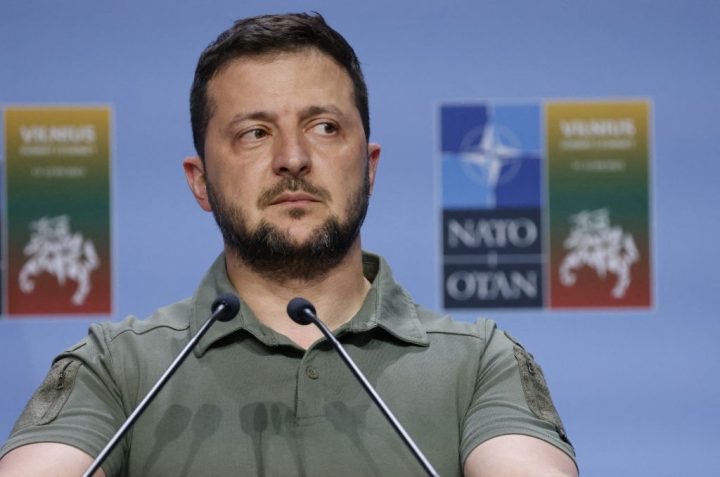
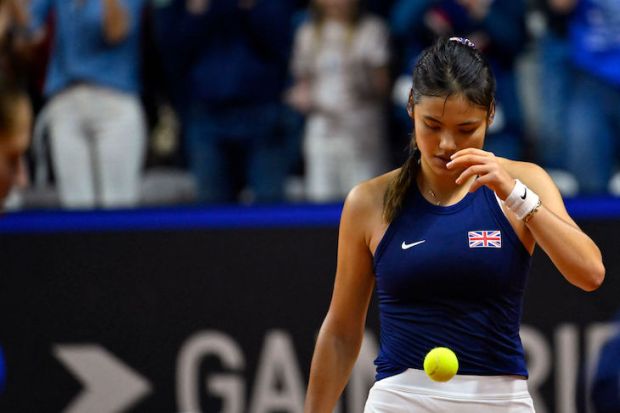
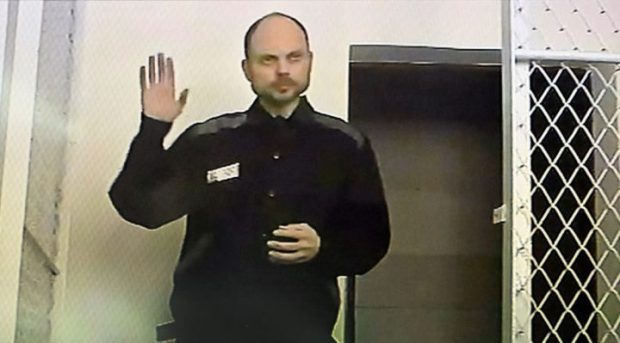
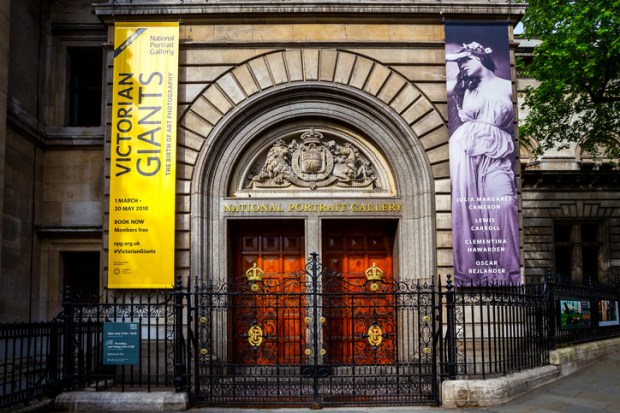
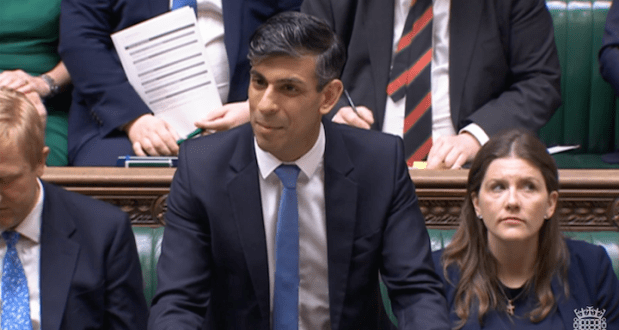
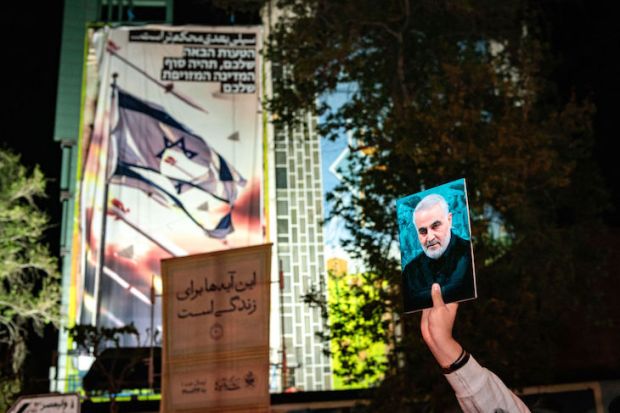
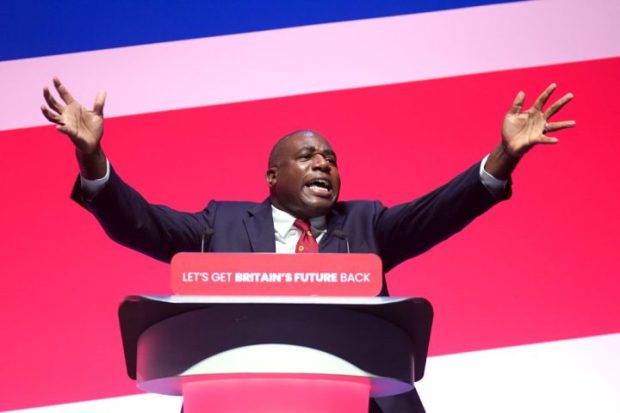












Comments
Don't miss out
Join the conversation with other Spectator Australia readers. Subscribe to leave a comment.
SUBSCRIBEAlready a subscriber? Log in